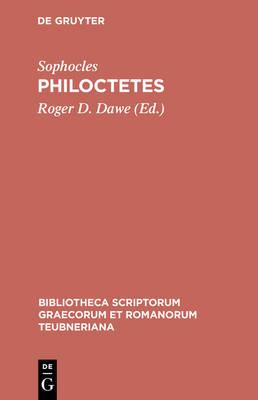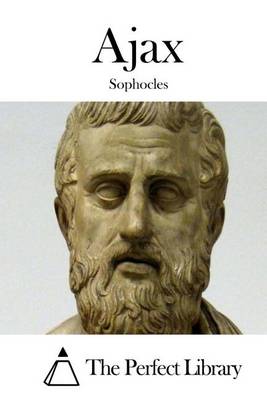Classical Texts
4 total works
The Three Theban Plays
by Sophocles, Robert Fagles, and Bernard M. W. Knox
Towering over the rest of Greek tragedy, the three plays that tell the story of the fated Theban royal family—Antigone, Oedipus the King and Oedipus at Colonus—are among the most enduring and timeless dramas ever written. Robert Fagles's authoritative and acclaimed translation conveys all of Sophocles's lucidity and power: the cut and thrust of his dialogue, his ironic edge, the surge and majesty of his choruses and, above all, the agonies and triumphs of his characters. This Penguin Classics edition features an introduction and notes by the renowned classicist Bernard Knox.
For more than seventy years, Penguin has been the leading publisher of classic literature in the English-speaking world. With more than 1,700 titles, Penguin Classics represents a global bookshelf of the best works throughout history and across genres and disciplines. Readers trust the series to provide authoritative texts enhanced by introductions and notes by distinguished scholars and contemporary authors, as well as up-to-date translations by award-winning translators.
A muscular version of Sophocles' timeless masterpiece, offering a profound reflection on the nature of power, democracy and human rights.
The war has ended, but with peace comes conflict. Antigone's brother Polyneices lies on the battlefield where he fell, his burial outlawed by Creon, the new king of Thebes. Should Antigone obey Creon, or must she follow her conscience and lay her beloved brother to rest?
full stage directions, and a glossary of the mythical and geographical references in the play.
En route to fight the Trojan War, the Greek army has abandoned Philoctetes, after the smell of his festering wound made it unbearable to keep him on ship. Ten years later, an oracle makes it clear that the war cannot be won without the assistance of Philoctetes and his famous bow, inherited from Hercules himself. Philoctetes focuses on the attempt of the heroes Odysseus and Neoptolemus to persuade the bowman to sail with them to Troy. First, though, they must assuage his bitterness
over having been abandoned, then win his trust. But how should they do this-through trickery, or with the truth? To what extent do the ends justify the means? To what degree should private interest be compromised for the sake of public duty? These are among the questions that Sophocles puts forward in this, one
of his most morally complex and penetrating plays.
Sophocles' Ajax is one of the most disturbing and powerful
surviving ancient tragedies. But it is also difficult to understand and
interpret. What are we to make of its protagonist's extremism? Does Ajax
deserve the isolation and divine punishment he experiences? Why is his
state of mind so difficult to determine? Dr Hesk offers answers to these
and many other questions by drawing together the very latest critical
work on the play and introducing the reader to key frames for its
interpretation, including Sophoclean heroism, language and form; Homeric
intertextuality and Athens' 'masculinist' culture, and the
twentieth-century reception of Ajax.


